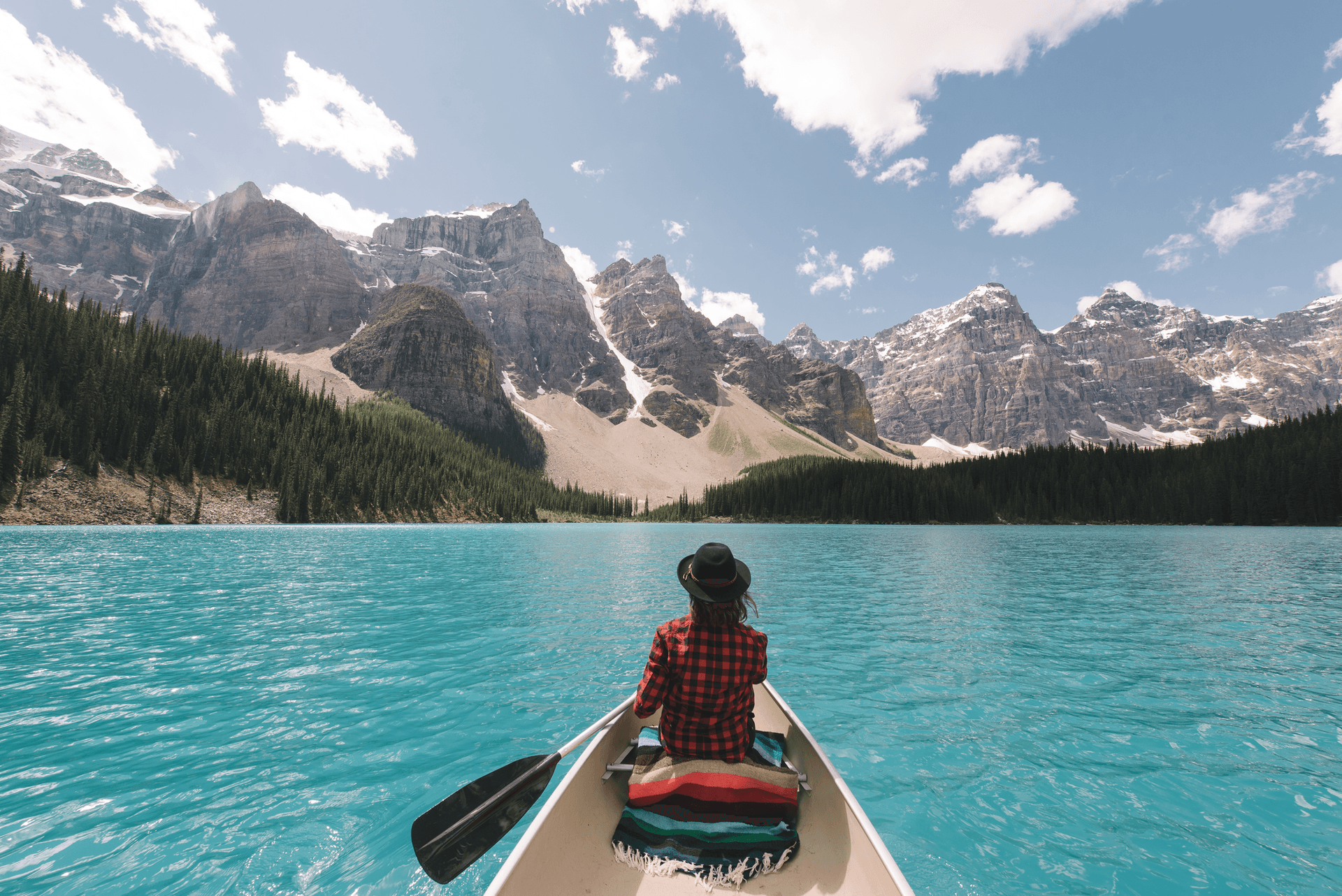Seeing more of the country allows you to visit and experience places that are rich in history and beautiful beyond comprehension, introducing you to everything from thousand-year-old icebergs in Newfoundland and Labrador, to dinosaur fossils in Alberta. After being humbled by a new travel adventure, it becomes clear that these special spaces are worth protecting and leaving better than you found them. To continue to ensure everyone is able to enjoy the communities, nature and wildlife that are found in Canada, we’ve put together some tips to help you be a good citizen and get the most out of your travels.
Every great trip starts with planning
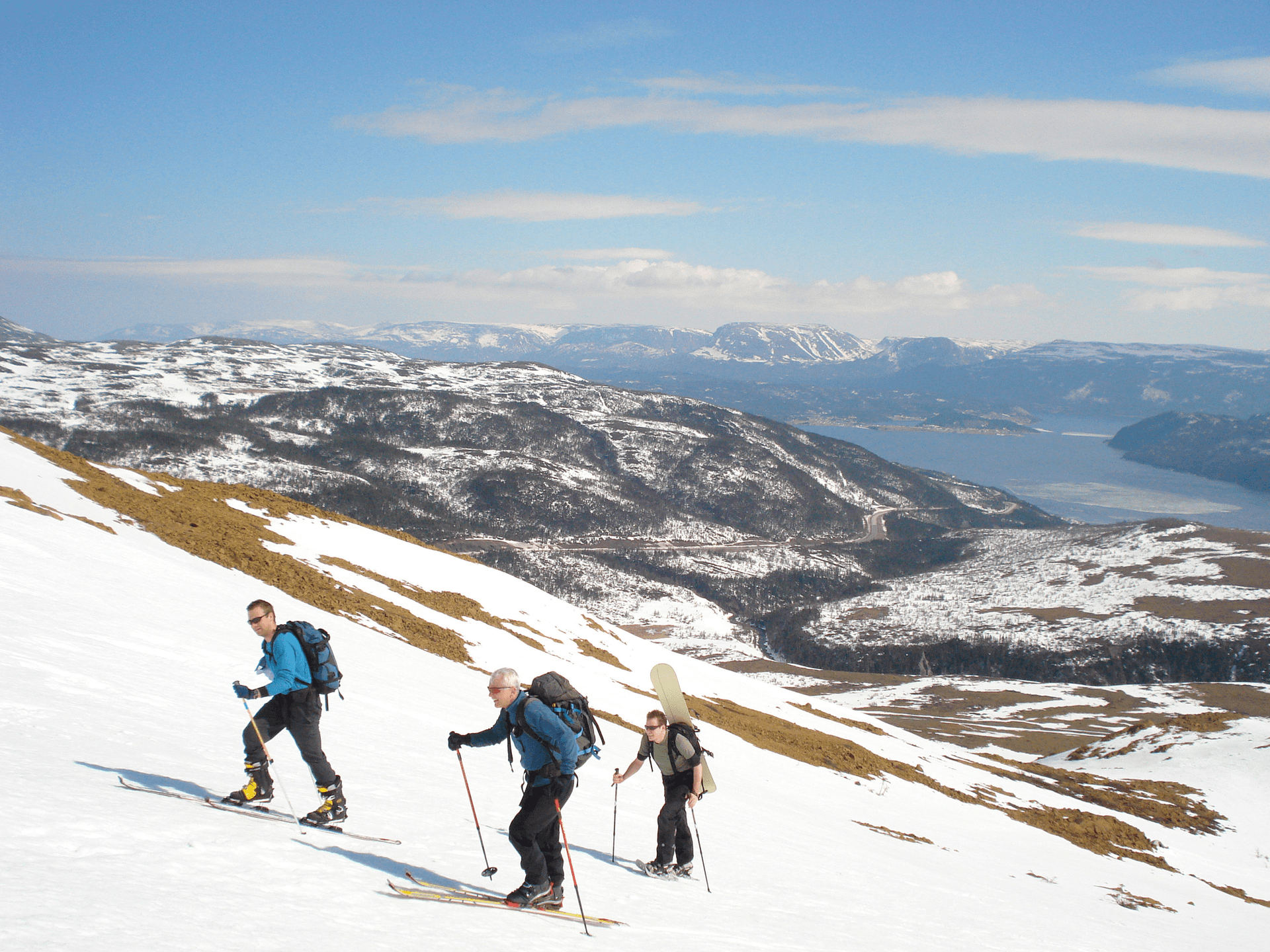
Dreaming of untouched lines atop snow-capped mountains in the winter or camping in the lush green wilderness in the summer? Canada is both a land of remarkable beauty and unpredictable weather, wildlife and challenging terrain. Planning is an exciting and essential part of any adventure, no matter how big or small, and making sure you have the right gear, knowing your route and researching weather and terrain will all help you to be a more responsible hiker, cyclist skier and traveller.
- Plan your route, check the weather forecast, know the conditions and complete a trip plan before heading out into the outdoors. Familiarize yourself with AdventureSmart for more tips on how to be prepared.
- In winter, ensure you and your travel party have the knowledge and skills for your adventure and stay within your limits. Further, visit Avalanche Canada's for the latest bulletins.
- Be prepared for any weather, even in summer. Be especially mindful of this if you're heading on a hike to higher altitudes. Backcountry travel is thrilling and some careful prep will set you up for memorable adventures.
- Book with experienced local tour guiding companies to learn responsible travel from the experts.
- Check Parks Canada's website while planning for information on trail status, history and find out more about notable landmarks.
Explore the outdoors with a light touch
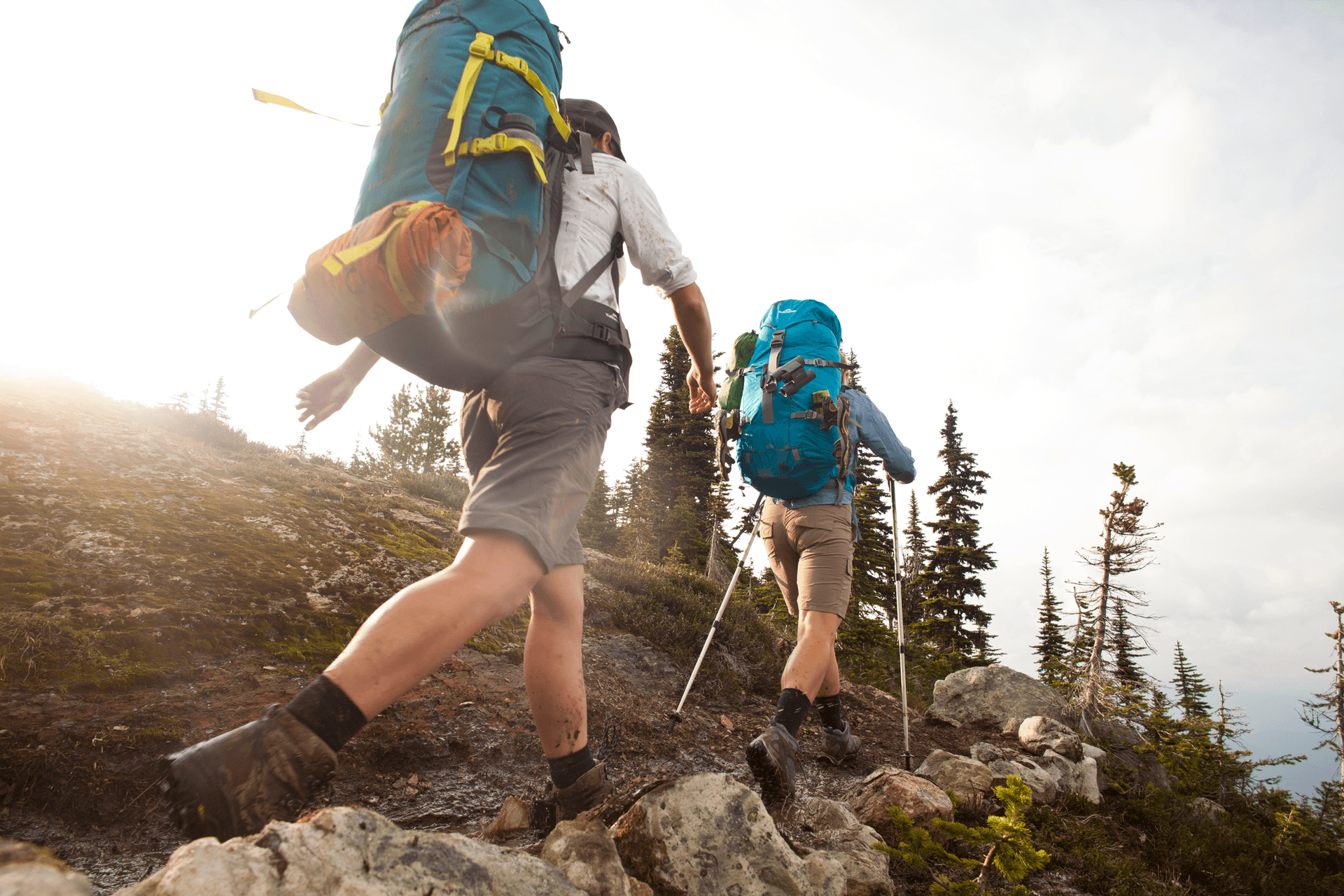
Canada's outdoor playground is as vast as it is awe-inspiring. Help preserve it by travelling in a responsible way that ensures this incredible nature will be here for generations to enjoy, while still getting the most out of your trip.
- Whether you're doing a multi-day hike or stopping to take in the view on a road trip, practice "Leave No Trace" principles such as packing everything in and out, taking only photos; not rocks, shells or any other bits of nature and respecting other's future use of the space.
- Capture your trip on camera to create treasured memories, but consider restrictions too. Did you know that all Parks Canada sites are 'no drone zones' for recreational fliers?
- Research your destination before you head out on a trek to check any seasonal fire bans, local rules to observe or any required permits or passes to visit an area, such as park permits for national parks.
Discover a taste of tradition: travel respectfully
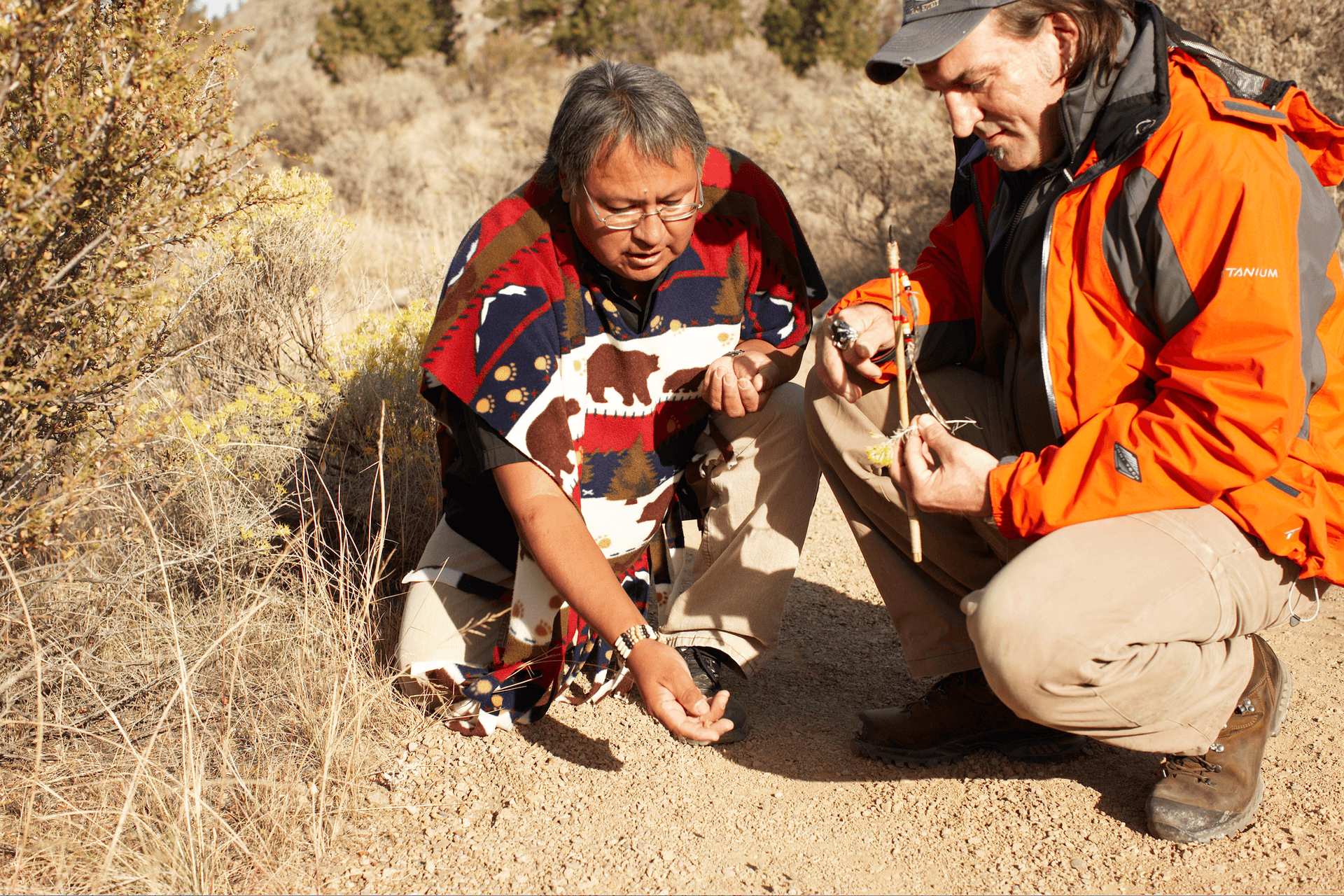
Canada is made up of a colourful tapestry of people and cultures who have long called the country home; here more than 700 Indigenous communities are divided into three large, distinct groups: First Nations, M?tis and Inuit that together create the rich history of the land and the stories that have shaped it over millennia. Further, across Canada, those who have come from afar have graciously shared their vibrant cultures, from the Acadians in the Maritimes to various groups in Toronto, the most diverse city in the world, which have led to fusion cuisines, proud heritage, and eclectic experiences.
- Explore traditional territories with gifted guides to hear stories and participate in interactive cultural experiences.
- Immerse yourself in traditional cultural performances and watch talented craftspeople create unique, meaningful art.
- Stay in Indigenous-owned and operated resorts, and choose authentic Indigenous-run experiences that enable you to see wildlife and nature through their eyes and through knowledge that has been passed down.
- Be respectful of local guidelines around visiting Indigenous communities and plan ahead to pack essentials so you're not putting unnecessary pressure on local resources.
- Visit Destination Indigenous to find out more about Indigenous experiences.
Love local and support the community

Enjoying local food and picking up handmade souvenirs are highlights of exploring a new destination or rediscovering a beloved area. When you plan your itinerary around community-owned restaurants and experiences, the impact will be two-fold: you'll enrich the place you're visiting and be left with warm memories of the interactions with passionate entrepreneurs and business owners you're sure to have.
- Visit locally-owned cafes and restaurants, breweries and wineries to get a taste of farm-fresh ingredients. All over the country, regional delicacies and diverse cuisines reflect the varied nature of the people, cultures and places that make up Canada.
- Meet the makers at small galleries and markets, where local artists and craftspeople are on-hand to share their stories and handcrafted work.
- Support local businesses by researching tour operators before booking to see if they align with your values and uphold sustainable and ethical practices.
- Consider volunteer trips such as The Great Canadian Shore Clean Up or WWOOF (World Wide Opportunities On Organic Farms) to help give back to local communities or support research projects as you travel.
Witness the wildlife, protect their future
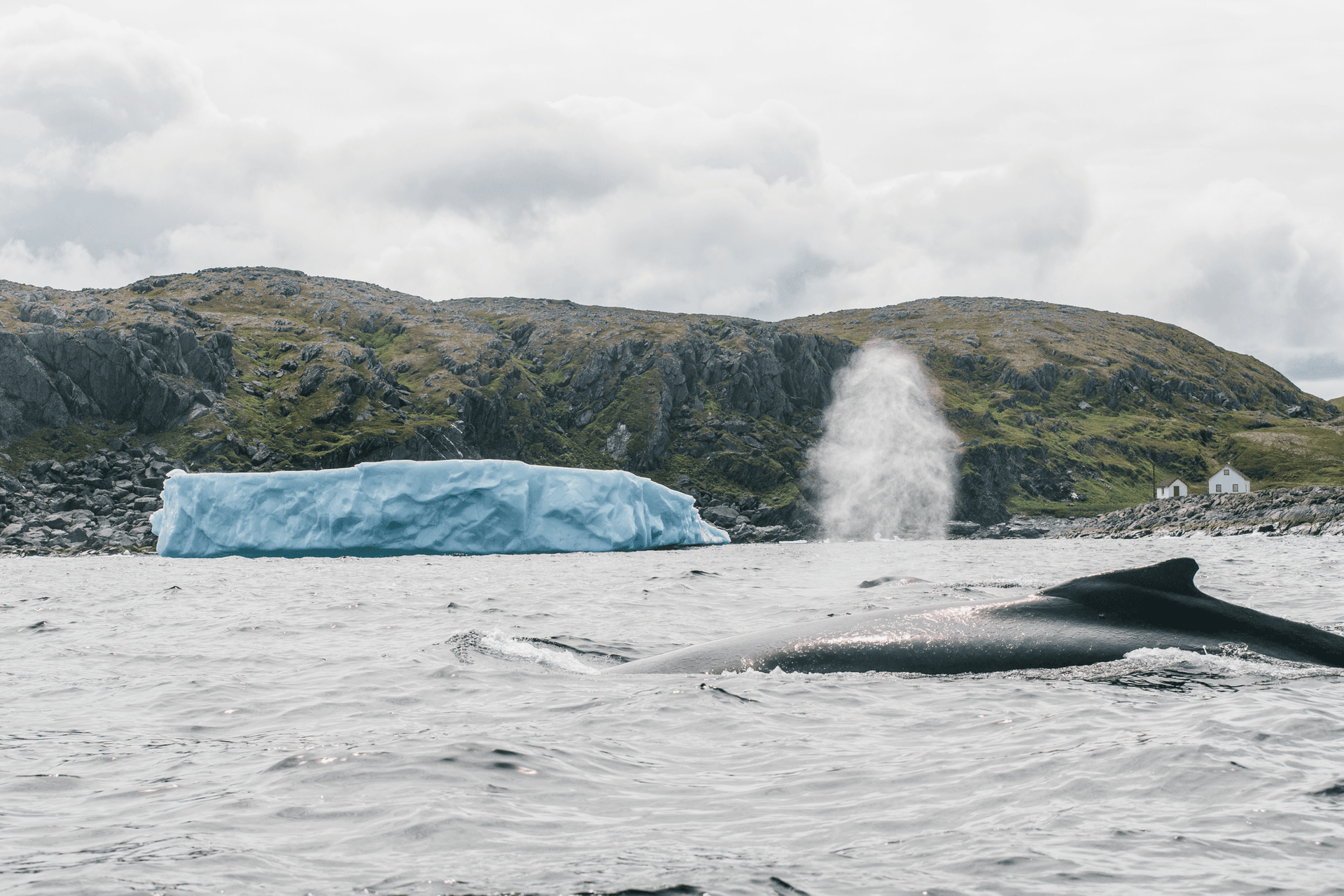
Imagine spotting an elusive spirit bear in the Great Bear Rainforest or watching the majesty of migrating whales off the coast of Newfoundland. These incredible animal encounters are an unforgettable part of any trip, but remember that these alluring animals are not here for our entertainment. While scrambling for your camera to get that perfect shot, there are some other ways you can make sure you're being a responsible wildlife watcher.
- Seek out animal-friendly encounters in more natural habitats by researching and booking organized tours with experienced tour companies that are passionate about animal protection and guarantee a safe and enjoyable experience for you and the wildlife. Some even donate to conservation efforts!
- Educate yourself on the native wildlife of the region you're visiting and any necessary precautions you should know about, such as bear awareness.
- Take home any garbage from camping or hiking and abstain from feeding wildlife (both intentionally and unintentionally).
- Avoid crowding or chasing animals for that perfect shot. Capture photographs from a safe distance so you have minimal impact on their habitat and they are not threatened by your presence.
Travelling responsibly during COVID-19
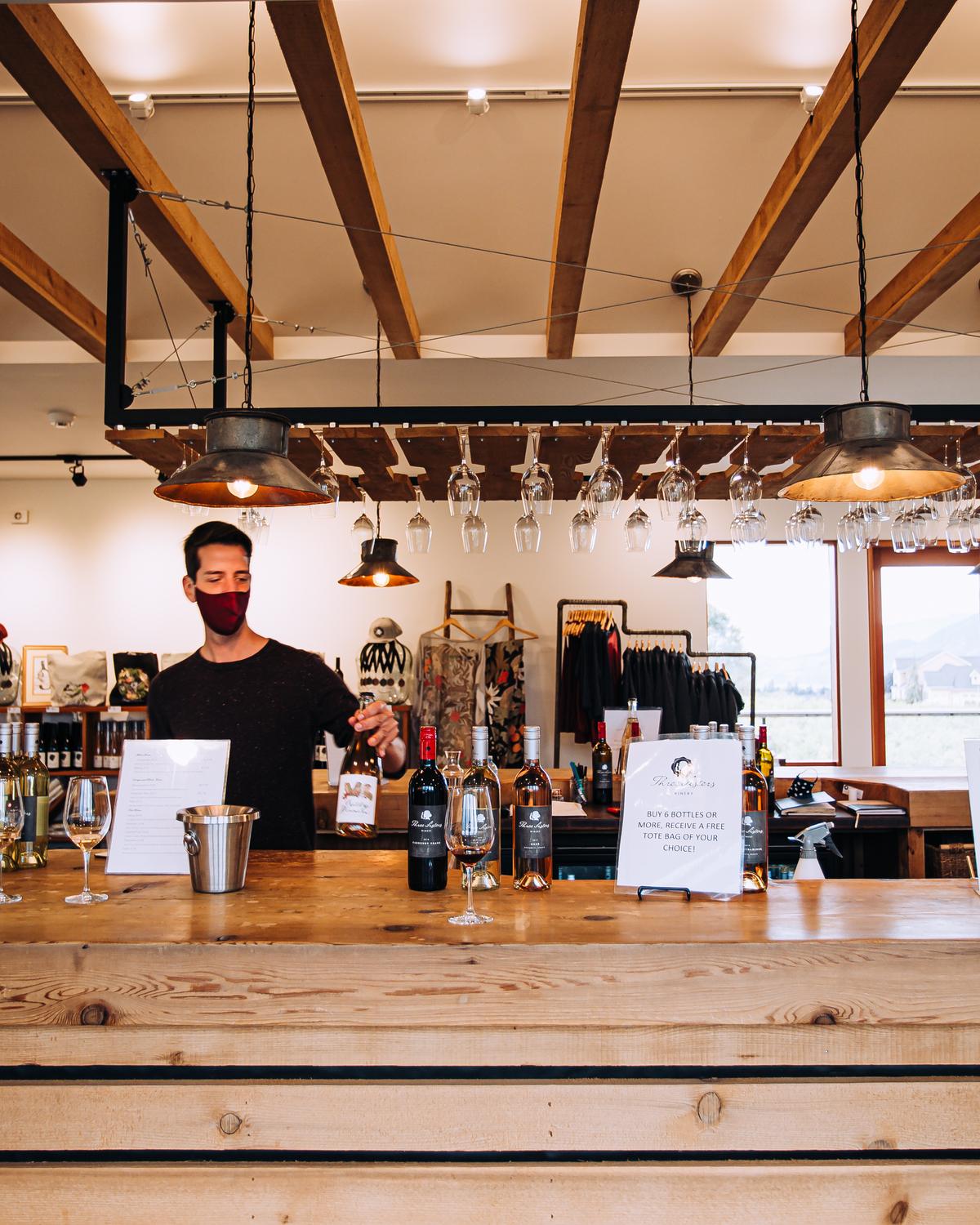
Travel might look a little different during the COVID-19 pandemic, but there are plenty of ways you can still see the sights. Ease any worries by planning ahead and researching travel restrictions, local regulations and protocols in your intended destinations so you know what to expect.
- Most museums, galleries and tours are open and can be booked in advance for specific time slots.
- Enjoy Canada's abundance of wide open spaces and build your own adventure, such as a self-guided driving tour through the picturesque coastal Cabot Trail around Cape Breton in Nova Scotia.
- Slow down your sightseeing and minimize impact by spending more time at fewer stops while travelling in small groups.
- Don't forget to pack hand sanitizer and masks for all travellers to keep yourself and others safe on your trip.
Whether you're exploring the remote corners of Canada or taking a day trip from a vibrant city, these tips will help you to travel nicely and make the most of your vacation in Canada.
